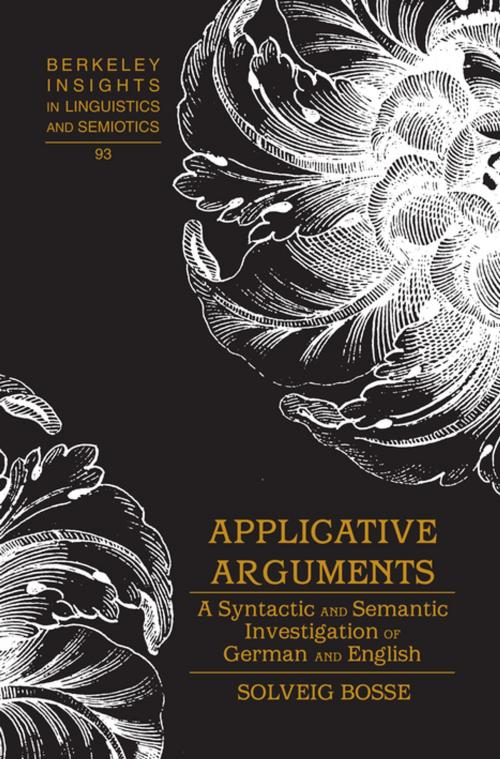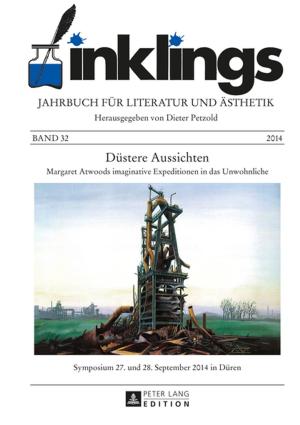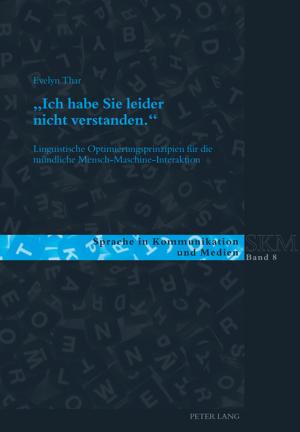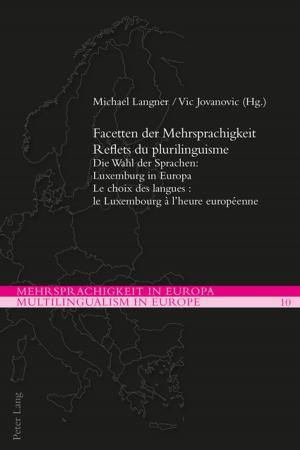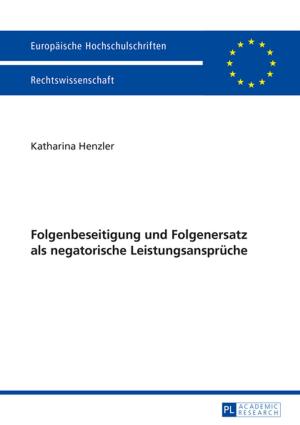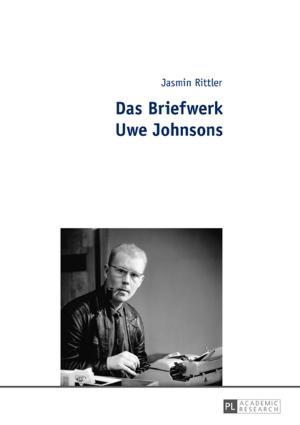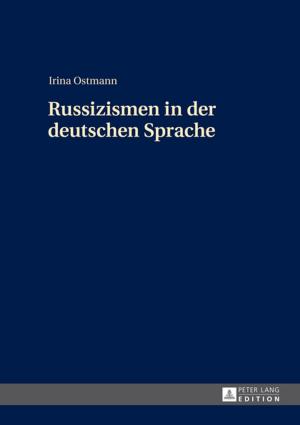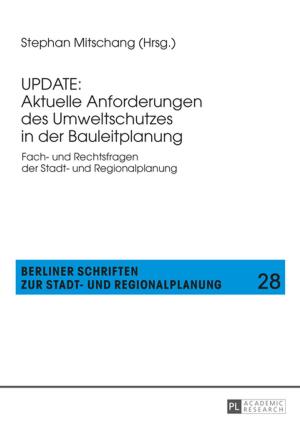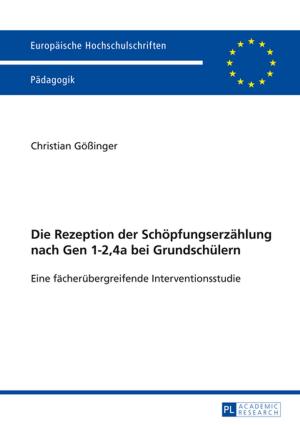Applicative Arguments
A Syntactic and Semantic Investigation of German and English
Nonfiction, Reference & Language, Foreign Languages, German, Language Arts, Linguistics| Author: | Solveig Bosse | ISBN: | 9781454194262 |
| Publisher: | Peter Lang | Publication: | April 13, 2015 |
| Imprint: | Peter Lang Inc., International Academic Publishers | Language: | English |
| Author: | Solveig Bosse |
| ISBN: | 9781454194262 |
| Publisher: | Peter Lang |
| Publication: | April 13, 2015 |
| Imprint: | Peter Lang Inc., International Academic Publishers |
| Language: | English |
Applicative Arguments: A Syntactic and Semantic Investigation of German and English presents formal semantic and syntactic analyses of German and English applicative arguments. These arguments are nominal elements that are not obligatory parts of a sentence. Both German and English have several types of applicative arguments, including so-called benefactive and malefactive constructions. More specifically, the research relies on tests to differentiate the different types of applicative arguments based on this contribution to meaning: Some applicatives contribute only not-at-issue meaning, whereas others contribute only at-issue meaning, and still others contribute both types of meaning. These tests are applied to both German and English to uniquely identify the applicative arguments in each language. Formal analyses of the identified type of applicative arguments are presented that provide an account for each type of applicative identified for each language, explaining the applicatives’ differences and similarities.
Applicative Arguments: A Syntactic and Semantic Investigation of German and English presents formal semantic and syntactic analyses of German and English applicative arguments. These arguments are nominal elements that are not obligatory parts of a sentence. Both German and English have several types of applicative arguments, including so-called benefactive and malefactive constructions. More specifically, the research relies on tests to differentiate the different types of applicative arguments based on this contribution to meaning: Some applicatives contribute only not-at-issue meaning, whereas others contribute only at-issue meaning, and still others contribute both types of meaning. These tests are applied to both German and English to uniquely identify the applicative arguments in each language. Formal analyses of the identified type of applicative arguments are presented that provide an account for each type of applicative identified for each language, explaining the applicatives’ differences and similarities.
